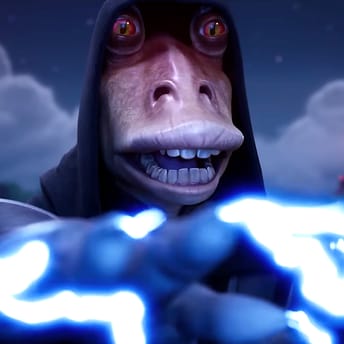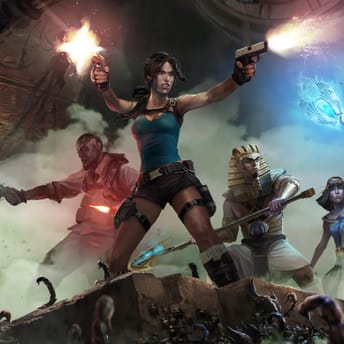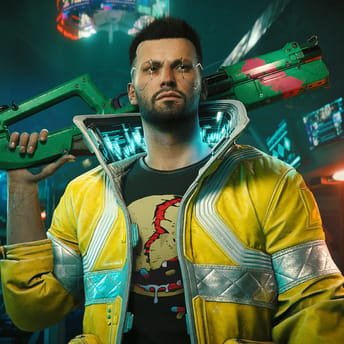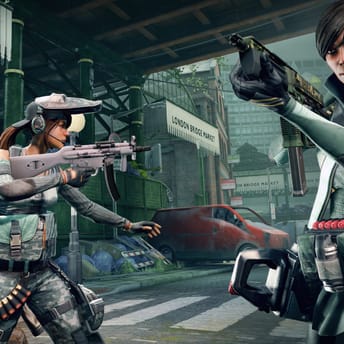Diablo Creator Claims That Modern ARPGs Have Cheapened the Entire Experience
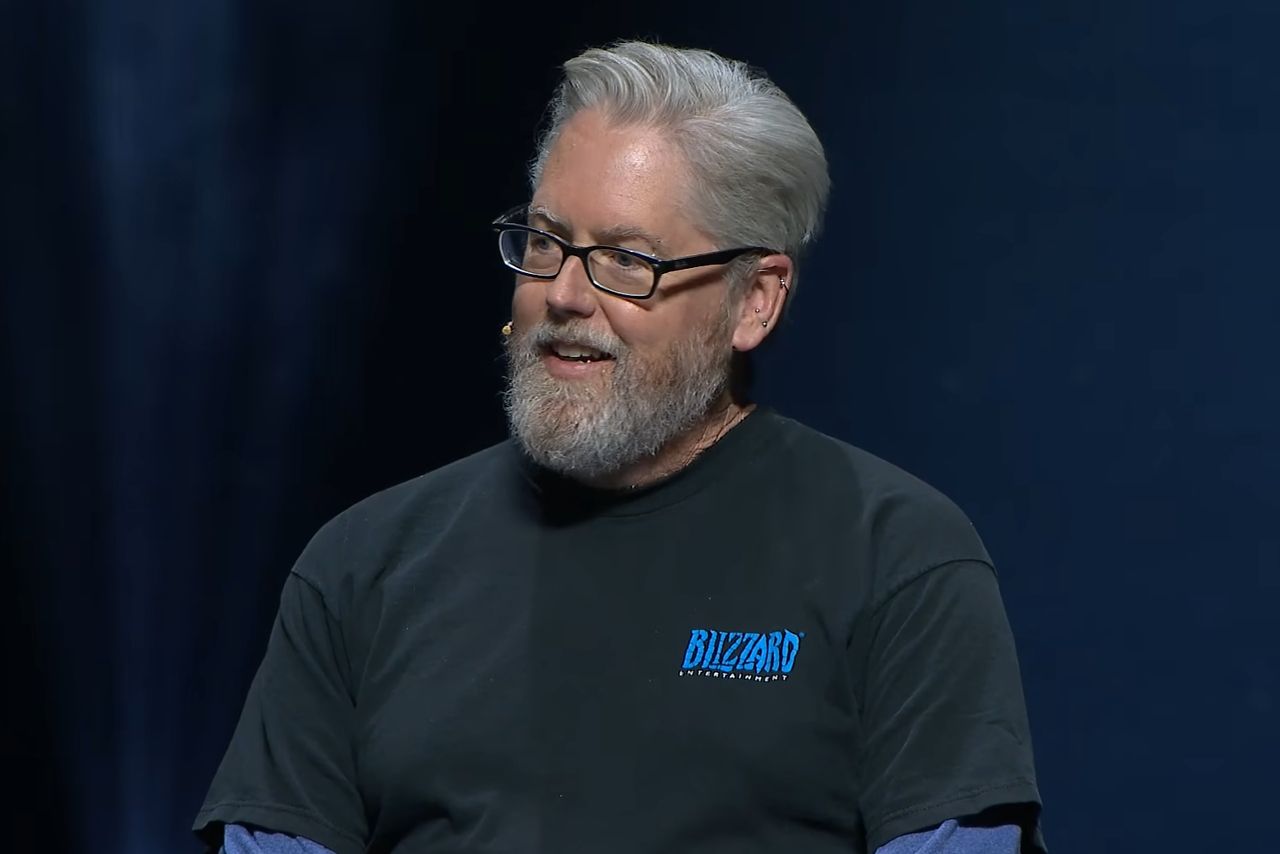
|
|
Key points
- David Brevik stated that modern ARPGs have sacrificed depth and player connection in favor of rapid progression.
- The original Diablo game had surpassed 2.5 million units in global sales.
- Diablo II sold over 4 million copies worldwide.
David Brevik, one of the original Diablo game designers and director of Diablo II, recently shared on the podcast by Videogamer his thoughts on the evolution of the genre, expressing disappointment over how current games have shifted away from the slower pace.
Brevik, who left Blizzard in 2005 but has remained active in the gaming industry through projects like Hellgate London and Marvel Heroes, believes that modern ARPGs have sacrificed depth and player connection in favor of rapid progression. “The pacing on Diablo II is great,” he said. “It’s one of the reasons it’s endured. I just don’t find killing screen-fulls of things instantly and mowing stuff down very enticing. I find it kind of silly.”
While David acknowledges the appeal of certain modern ARPGs, such as the indie title Book of Demons, he’s critical of the broader trend toward instant gratification. In his view, games like Diablo III, which allow players to reach the maximum level in mere hours, fail to capture the essence of the genre. “When you’re shortening that journey and making it kind of ridiculous, you’ve cheapened the entire experience, in my opinion,” he explained.
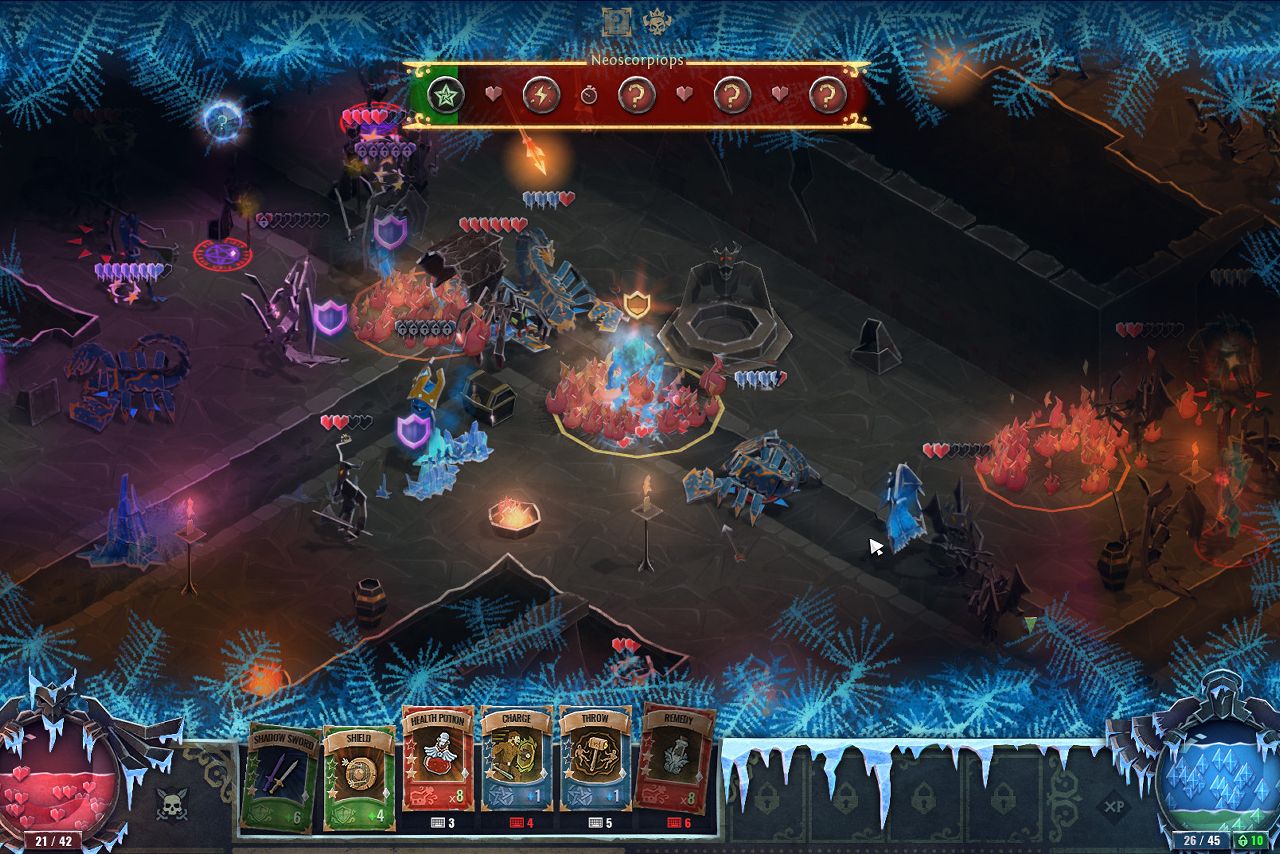
Brevik’s sentiments extend beyond ARPGs to the wider RPG landscape, particularly massively multiplayer online role-playing games (MMOs). He argues that many MMOs today have fallen into the same trap of focusing on speed rather than substance, forcing players to rush through the early stages of the game and often reducing the personal connection to their characters. “It’s all about speed and things like that, but I think that makes for a worse experience,” Brevik said. “The fun isn’t getting to the end; it’s the journey.”
The original Diablo game that was released in January 1997 had surpassed 2.5 million units in global sales, while the second part of the franchise had sold over 4 million copies worldwide.
